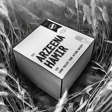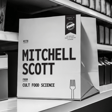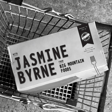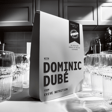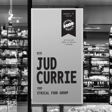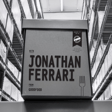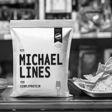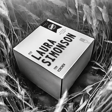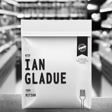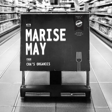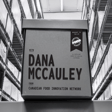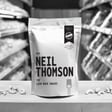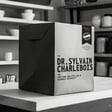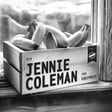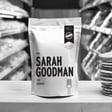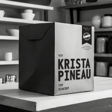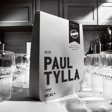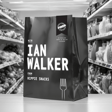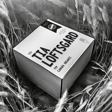
Jordan Schenck | Flashfood
In this episode we’re tackling one of the most pressing issues in the grocery industry—food waste and accessibility—with a guest who's making a real impact. Jordan, President & COO at Flashfood and former head of global marketing at Impossible Foods, joins us to discuss the massive opportunity to rethink how we distribute, consume, and value food.
Our conversation explores the surprising ways people are embracing the food rescue movement, how grocery stores are adapting to reduce shrink, and why cultural shifts, like the rise of vintage fashion, might hold the key to changing the way we think about food waste.
To learn more go to https://flashfood.com/
To learn more about who’s behind this podcast and how we help food and beverage brands grow faster, visit https://www.ethicalfoodgroup.com/.
Here’s a summary of this interview:
The Biggest Opportunity in Food: Jordan highlights the urgent need to optimize food distribution before focusing on adding more to the system—ensuring that what’s already produced reaches consumers.
Reframing Food Security: Traditional metrics focus on caloric intake rather than nutritional value. Flashfood aims to change that by prioritizing access to fresh, high-quality food at a fraction of the cost.
Flashfood's Role in Reducing Waste: The app helps consumers buy groceries nearing their best-before dates at deep discounts, preventing high-quality food from ending up in landfills.
Retailer Benefits: Grocery stores working with Flashfood not only reduce waste but also increase foot traffic, as app users visit stores 1.1 times more per month than average shoppers.
Lessons from Impossible Foods: Jordan shares how Impossible’s marketing success came from understanding cultural tailwinds—specifically, how chefs became the "rockstars" of food culture.
Changing Consumer Habits: Flashfood is encouraging a shift in shopping behavior, making food rescue fun and accessible, while also helping families save hundreds of dollars a month.
Viral Marketing Wins: The Flashfood team uses humor and curiosity—like their viral video about duct-taping eggs inside the fridge—to engage consumers and shift perceptions around food waste.
Technology & AI Innovations: Flashfood is improving image quality, search functionality, and potentially expanding into prepared foods and bakery items to make the shopping experience even more seamless.
Cooking & Creativity: Jordan encouraging people to experiment with what they have, reducing food waste while making mealtime more exciting.
Dream Celebrity Endorsement: If Jordan could get one celebrity to endorse Flashfood, it would be Cardi B—because of her love for cooking, her connection to everyday people, and her "chaotic" yet relatable food experiments.
